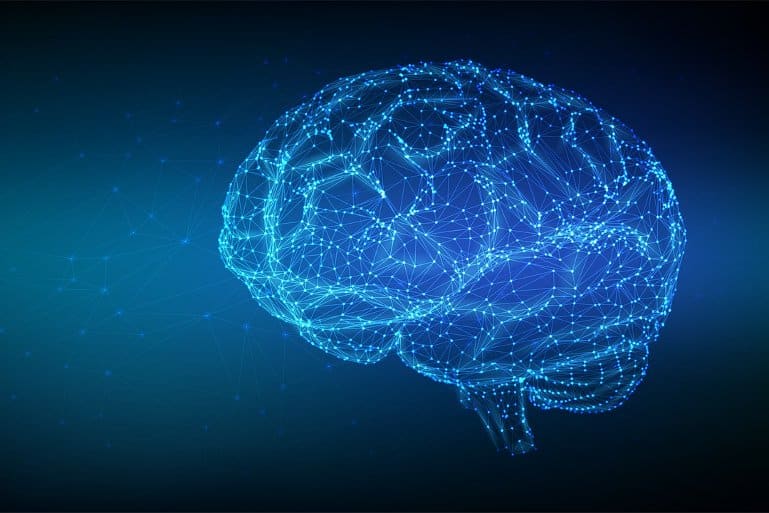
Feb 07, 2023
1 min, 3 secs
In a new study from Wake Forest University School of Medicine, scientists have demonstrated that the connection between dopamine and counterfactual information, which is related to the psychological notions of regret and relief, appears altered by alcohol use disorder.Kenneth T. Kishida, Ph.D., associate professor of physiology and pharmacology and neurosurgery at Wake Forest University School of Medicine, studies neurotransmitters and their role in human behavior and decision-making.Taking these measurements is very challenging and can only be done during invasive procedures such as deep-brain stimulation (DBS) brain surgery, which is commonly used to treat conditions such as epilepsy, Parkinson’s disease, essential tremor and obsessive-compulsive disorder.For this study, Kishida’s team collaborated with neurosurgeons Stephen B. Tatter, M.D., and Adrian W. Laxton, M.D., to insert a carbon fiber microelectrode deep into the brain of four participants at Atrium Health Wake Forest Baptist Medical Center who were scheduled to receive DBS to treat their movement disorders.Image is in the public domain“We’ve shown before that dopamine levels in humans seems to track information related to regret and relief,” Kishida said.Intracranial subsecond dopamine measurements during a “sure bet or gamble” decision-making task in patients with alcohol use disorder suggest diminished dopaminergic signals about relief
